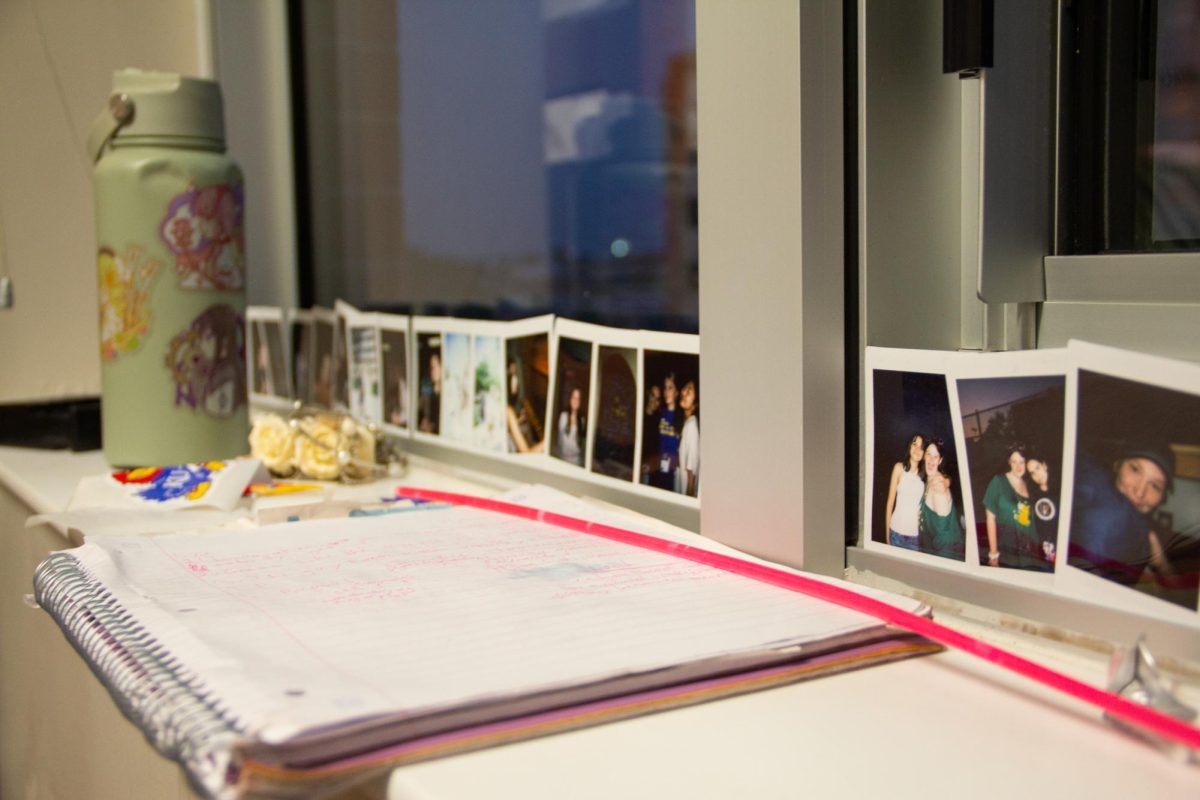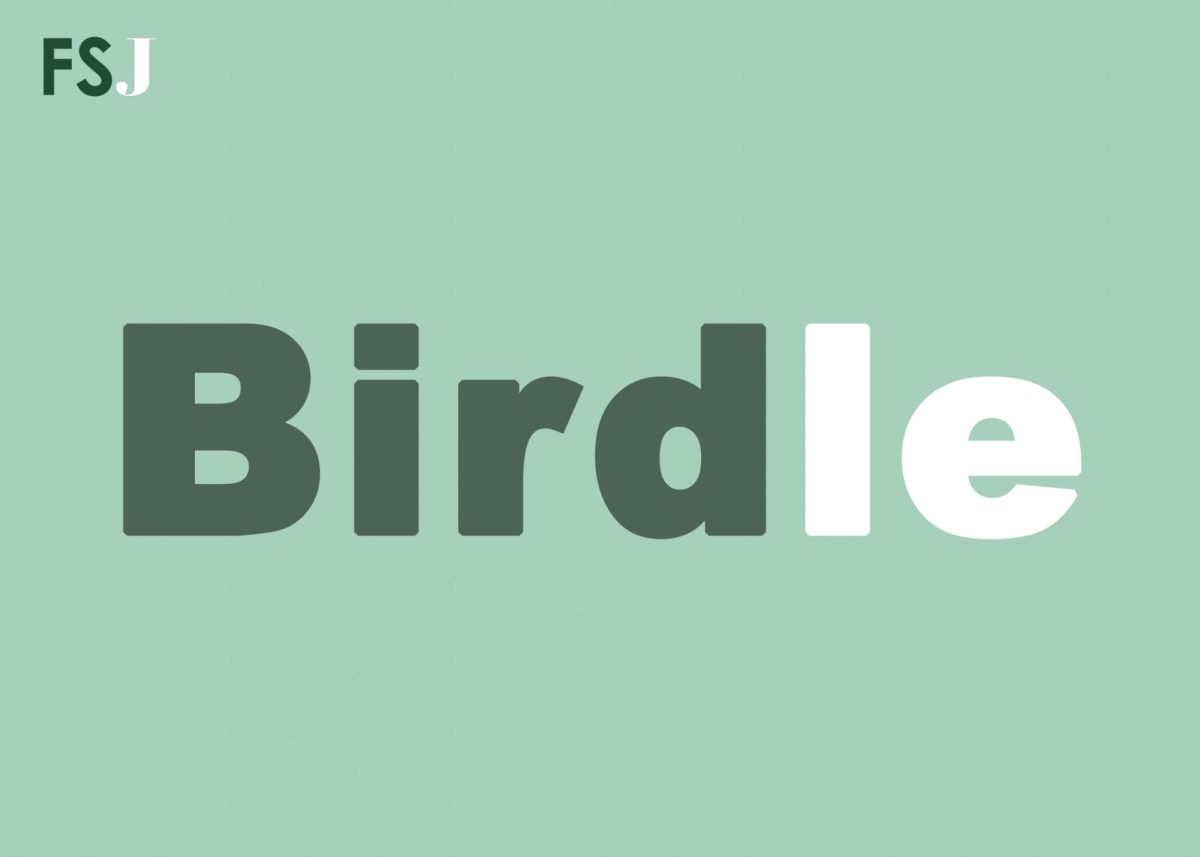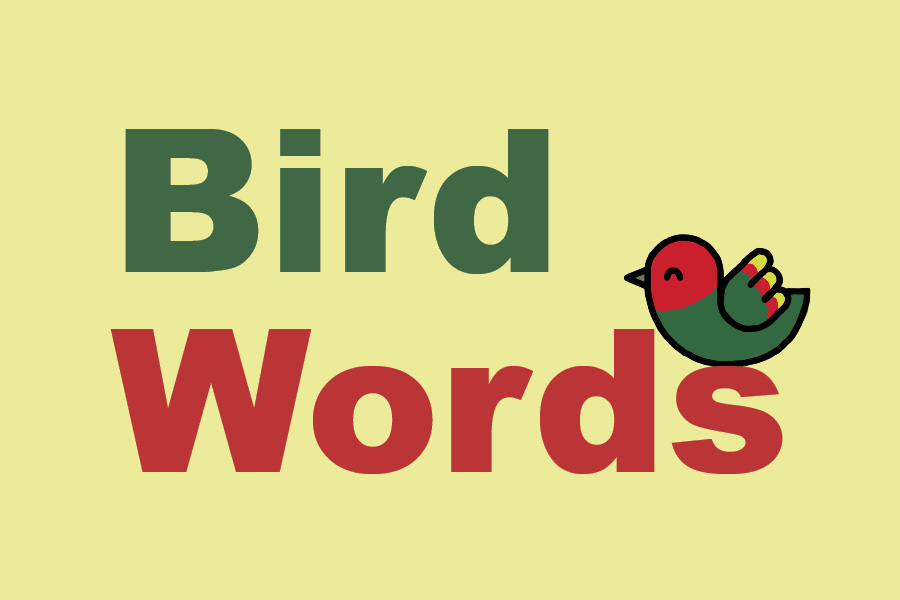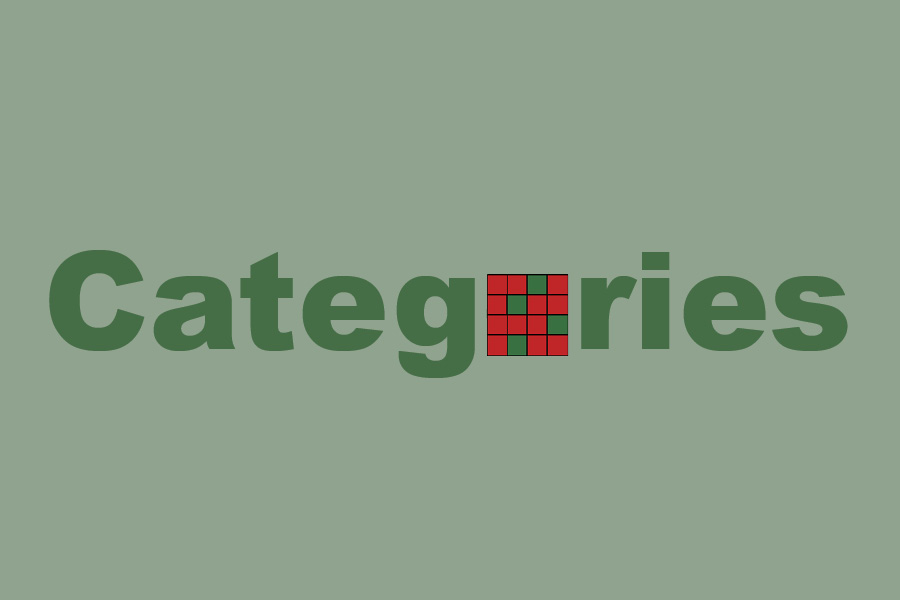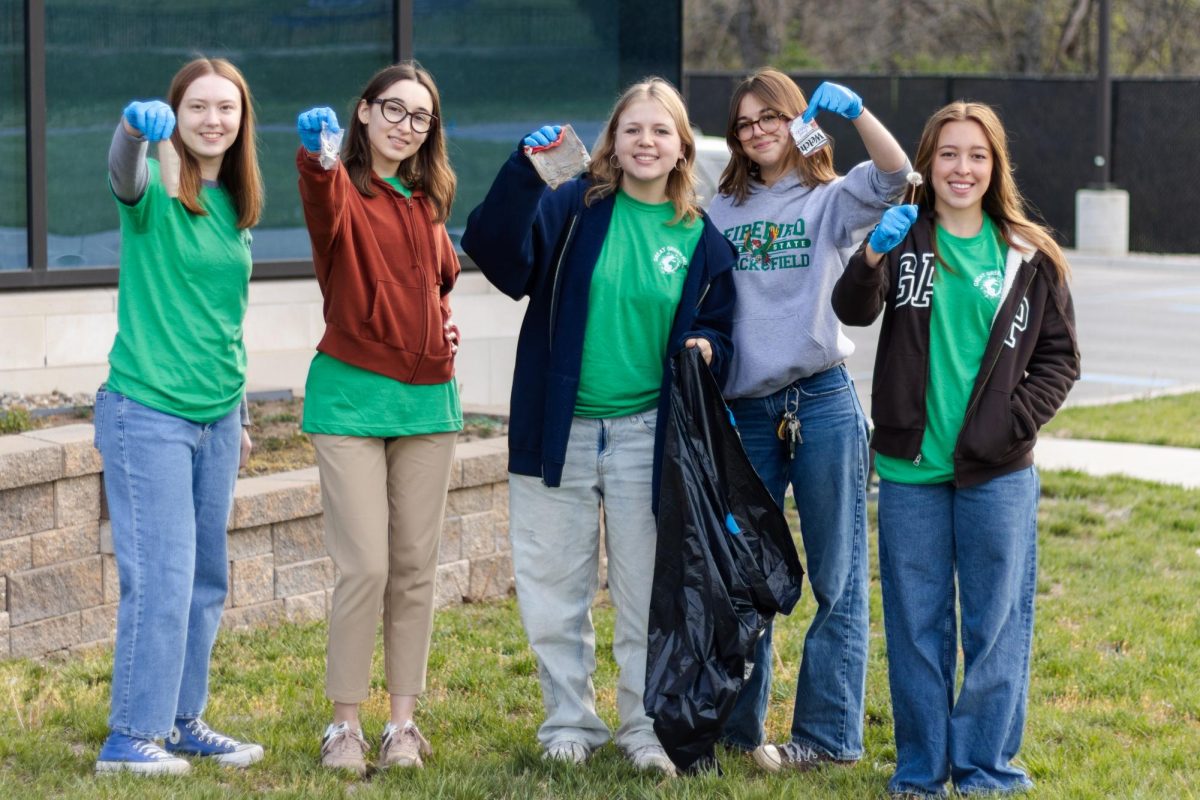Debate prepares Firebirds for Tournament of Champions
A Free State debate team is headed to the Tournament of Champions in April.
October 12, 2020
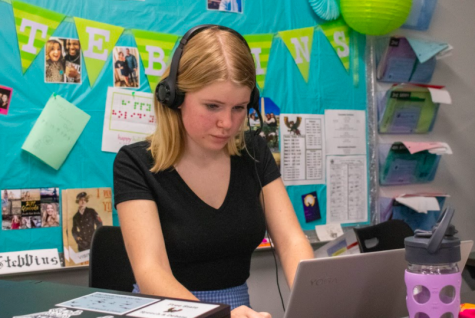
For the first time in school history, a Free State debate team is headed to the Tournament of Champions in April.
Juniors Serena Rupp and John Marshall will join other top debate teams in the nation to compete at the prestigious tournament hosted by the University of Kentucky.
“A lot of the schools that get bids are ones with a ton of resources for coaching or funding, which doesn’t apply to the Free State debate team,” Rupp said. “So, I think it was a very fulfilling moment because we knew that it was our work that paid off rather than other teams who just have their coaches writing arguments.”
The setup of the awards ceremony where the Tournament of Champions bids were announced, as well as the debates themselves, took place over Zoom.
“It was just a Zoom call — everyone except the host was muted… it was so bizarre,” junior debater Rita Joseph said. “I never thought that I would be debating this way.”
Despite the anticlimactic setup, it was still a fulfilling moment.
“It wasn’t like in sports, where it’s like this big moment where you jump up, you’re like, ‘Yes! Oh my God, we did it.’ It’s just, I guess that would be considered inappropriate in the academic setting of debate,” Marshall said.
Debate coach Kelly Thompson is goal-oriented with his students and tries to encourage them to develop intrinsic motivation for debate. That approach helped Rupp and Marshall secure their bids to April’s tournament.
“To get that first bit out of the way to give yourself some reassurance that you’re not wrong about your goals was really nice to have in the first weekend of our season,” Thompson said. “It’s really rewarding for me to help kids set goals and then to motivate them towards achieving those goals.”
Motivation is especially important in debate because of all the work that goes into the activity.
“The team that got the bid, they were at debate camp from the day after they completed the national tournament for seven weeks… and debate camp is 12- to 16-hour days, all day every day of nothing but debate,” Thompson said.
Marshall compared the time commitment of debate to a part-time job.
“We’ll do one practice round with some other people on the team a week, as well as meeting with coaches and preparing about once-a-week,” Marshall said. “Most of the work that goes into a tournament is outside of meeting with coaches and doing rounds. It’s a lot of research. You know, looking stuff up, preparing arguments and prewriting your arguments.”
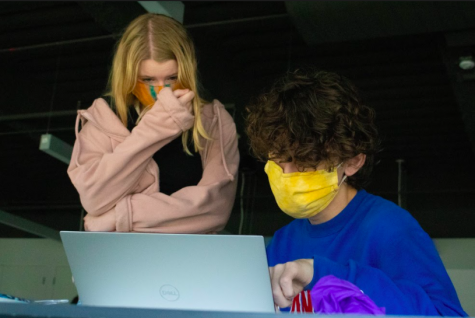
That intense preparation led to high expectations, which were met early in the season with the tournament bids.
“If you put that kind of time, effort and money into an activity, you really have expectations for yourselves,” Thompson said. “They really believe that they not only want to be that good but should be that good based on their investment.”
In addition to the opportunities that debate provides, it also teaches students many valuable skills that they can take with them into life outside a debate round, Thompson said.
“A lot of people think that the biggest skill that people get from debate is public speaking, and that’s not, not true,” Thompson said. “The reality is that our varsity debaters are taught to speak incredibly quickly. They weren’t public speaking at all, really, they’re adapting to a specific judge for a specific paradigm and a specific set of listening skills that have been trained over time.”
Thompson believes the biggest skill you get from debate is research skills.
“The ability to look at an issue from both sides and find fair and balanced research for each side of the argument and then defend that research as being academically valid, I think is an incredibly valuable skill for students, regardless of what career they choose to pursue,” Thompson said.
Joseph agrees that research skills are helpful life skills.
“I think, in the day and age of technology being so accessible and the media having such a wide reach, it’s really important to be able to tell what is true and what is not,” Joseph said.
Rupp values the communication skills learned from coordinating with a partner and being a part of a squad. Her squadmates agree.
“Going to tournaments and spending hours with people who you’re working with makes it a different kind of community than most activities would allow for,” sophomore debater Jake Chun said.
One way that the debate team really gets to connect is through their time spent at tournaments.
“One tournament that I enjoyed the most was last year, we had a tournament in Texas. And we were all tired from the seven-hour drive. Some of us really didn’t want to be there because it was just so exhausting,” Joseph said. “And between rounds, while we were waiting, we would just play card games. And that was the best part of the tournament. And it wasn’t necessarily debate-related.”
Through small moments like that, the debate squad creates a bond that holds the squad together.
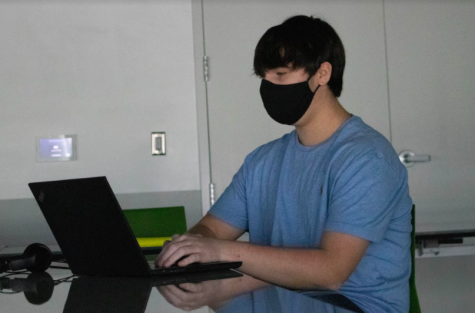
“I’ll be honest, there are times where the activity is just so grueling and exhausting because you are using all of your intellectual muscle that you can…” Joseph said. “I honestly do not think that I would still be in this activity if it weren’t for the people.”


